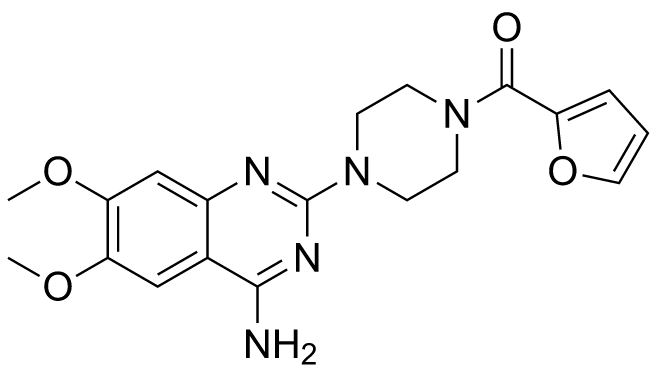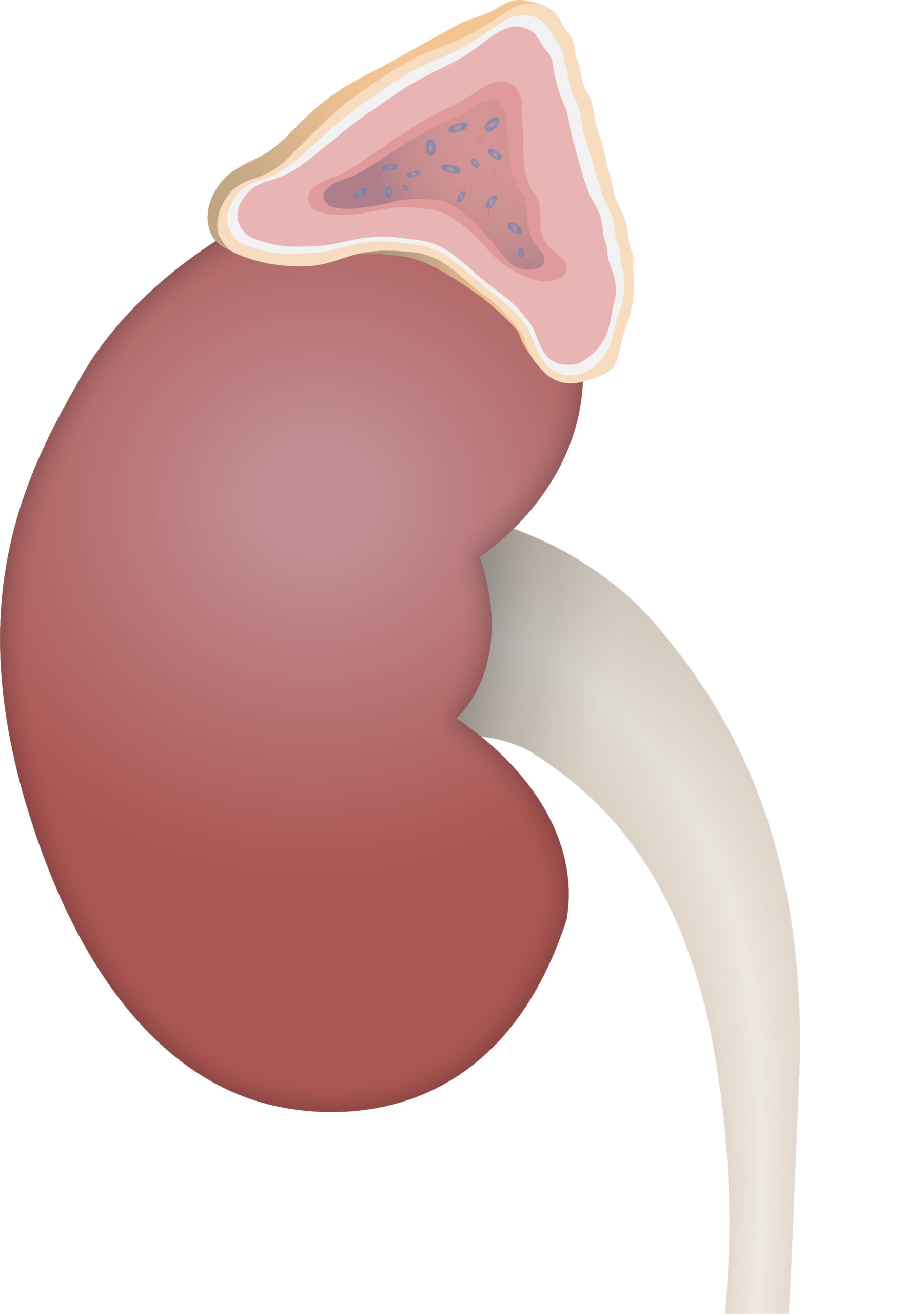Playlist
Show Playlist
Hide Playlist
Catecholamines – Adrenal Pharmacology
-
Slides Catecholamines Adrenal Pharmacology.pdf
-
Reference List Pharmacology.pdf
-
Download Lecture Overview
00:01 The adrenal medulla is responsible for catecholamine production. 00:05 Because we already covered this in the autonomic nervous sytem section of pharmacology, we won't discuss it here. 00:16 There is one thing I want to mention however, with respect to the adrenal medulla. 00:20 I want to talk about a cancer or a lesion called pheochromocytoma. 00:26 Pheochromocytoma is a neuroendocrine tumour. It is often found in the adrenal gland but it can be found outside the adrenal gland as well. 00:35 It results in excess production of catecholamines, mostly norepinephrine. 00:40 We can do all kinds of tests. One of the most easy and simple test is the 24 hour metanephrine test of the urine. 00:48 We check for vanillylmandelic acid and metanephrines as a routine in a 24 hour test, but we can also do clinical testing and take a look at patients' blood pressure and heart rate and see that they tend to have very high levels. 01:02 Serum testing can also be done. It is exceedingly expensive, but it's highly accurate. 01:08 I rarely have done serum testing on patients when I'm diagnosing pheochromocytoma we've actually made a diagnosis just with the 24 hour urine and clinically, and we've had actually managed to remove successfully many pheochromocytomas. 01:23 Remember that plasma metanephrines can also be analyzed. We would be looking specifically for normetanephrine and metanephrine. 01:32 Treatment of pheochromocytoma is invariably surgical. We have to remove the tumour. 01:37 Now there are some pharmacological treatments that we do utilize. These are not permanent treatment therapies. 01:43 These are just hold over treatment therapies or bridge therapies. 01:46 Phenoxybenzamine, we've learnt about this drug in the CNS lectures, is a nonspecific irreversible alpha blocker. 01:56 A short acting alpha blocker is prazosin. We can also use terazocin as well. 02:02 Now, the other thing that we like to use is a beta blocker, like propranolol, to help us control the heart rate. 02:07 This medication should only be started after initiating the alpha-adrenergic blockade. 02:14 It's important that we never use beta blockers without alpha blockers, because unopposed alpha activity can precipitate a hypertensive crisis. 02:23 Now, in terms of volume repletion, remember that you want to give these patients fluids. 02:29 And sometimes we actually do something called "salt loading" in some patients. 02:32 That's a specific issue that we deal with in the pre-operative clinic.
About the Lecture
The lecture Catecholamines – Adrenal Pharmacology by Pravin Shukle, MD is from the course Endocrine Pharmacology.
Included Quiz Questions
What is the first-line test for pheochromocytoma?
- 24-hour urine for catecholamines and metanephrines
- Adrenal CT scan
- Urine test for glucose
- Adrenal MRI
- Chest x-ray
What is the definitive treatment for pheochromocytoma?
- Surgery
- Alpha and beta blockers
- Alpha-blockers only
- Beta-blockers only
- Ketoconazole
Customer reviews
5,0 of 5 stars
| 5 Stars |
|
5 |
| 4 Stars |
|
0 |
| 3 Stars |
|
0 |
| 2 Stars |
|
0 |
| 1 Star |
|
0 |





